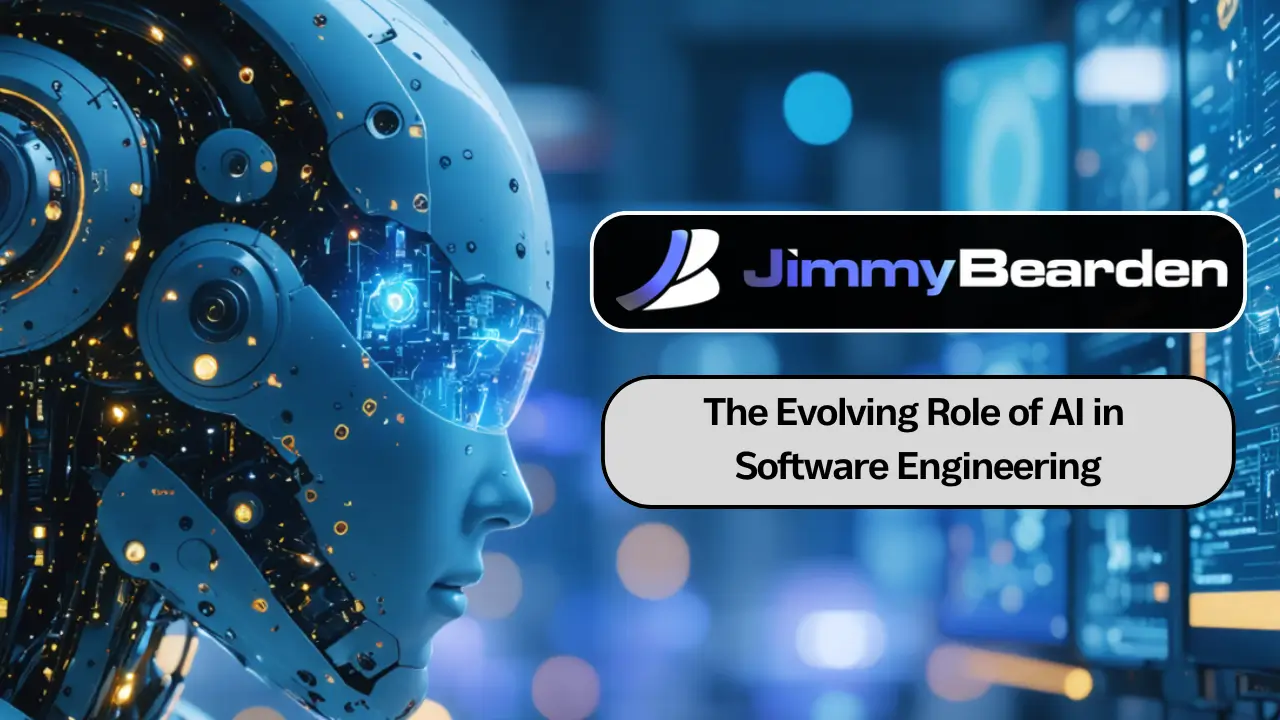The Transformative Impact of AI on Software Engineering: Enhancing Roles, Skills, and Efficiency

The Evolving Role of AI in Software Engineering
Artificial Intelligence (AI) is setting new paradigms across industries, and software engineering is no exception. Rather than replacing software engineers, AI is poised to enhance and evolve their roles. By automating repetitive and routine tasks, AI allows developers to focus on higher-level activities that require human creativity and problem-solving skills. The incorporation of AI in software engineering stands as a pivotal development, transforming the entire landscape in this domain.
Automation and Efficiency
AI tools such as code generators, refactoring assistants, and bug detection utilities significantly boost developer productivity. Automation of mundane tasks translates into cost savings and increased efficiency, allowing developers to allocate more time to the intricacies of software design and architecture. Tools like GitHub Copilot and ChatGPT are being integrated into day-to-day workflows, indicating the shift towards AI-assisted development environments.
Emerging Skillsets
As AI becomes increasingly embedded in programming tasks, software developers are required to adapt and acquire new skills. Proficiency in AI technologies such as machine learning, neural networks, and deep learning is becoming essential. With the prospect of AI-native software engineering on the horizon, developers have a clear incentive to broaden their skillsets, embracing the dynamic, interdisciplinary nature of technology.
AI Integration and Human-Centric Roles
Despite the dramatic advancements in AI automation, the need for human expertise remains robust. Up to 80% of programming jobs are predicted to continue being human-centric. These roles will necessitate the unique capability of humans to fine-tune AI-generated code, oversee complex coding tasks, and inject creative solutions that AI cannot autonomously generate. The critical involvement of humans ensures that AI functions cooperatively as an enabler rather than a solitary solution.
AI-Generated Code Management
As AI agents increasingly contribute to writing code, there arises the necessity for novel code review tools that cater to AI-generated outputs. Managers and development teams will need to pivot towards understanding AI-principled coding practices and establish methodologies to manage code created by AI entities. Preparing for such integration involves review ethics, ensuring AI generates efficient and maintainable code.
Economic Implications and Upskilling
The demand for developers skilled in AI reflects broader economic and career implications. Companies are ready to offer a significant premium for AI expertise, with reports suggesting a 31% salary increment for tech workers adept in AI-related domains. By 2027, a significant portion of the software engineering workforce is anticipated to embrace upskilling opportunities. This upskilling involves not only technical proficiency in AI technologies but also knowledge in natural language prompt engineering and retrieval augmented generation (RAG).
In summary, the impact of AI on software engineering is profound and multifaceted. While AI enhances the efficiency and capability of software engineering practices, it concurrently beckons a transformation in skills and methodologies within the industry. As AI continues to evolve, both developers and organizations must adapt, integrating AI tools and algorithms with human expertise to leverage the full potential of this technological revolution.
"Joining this community has been a game-changer for staying updated on the latest trends & events!" - John B.





